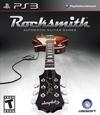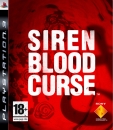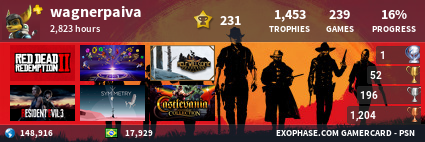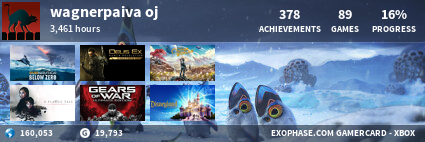imo A New Hope is by and large the best Star Wars film. It contains by and far the most iconic scenes (Obi Wan talking about the force, Leia's distress call, the Cantina seen, introduction of Han Solo, the sewer pit scene on the imperial ship, the final battle over the death star, etc. etc. etc.). I'd argue it easily has the best pacing, is by far the best 'full package' film of the series (in terms of being able to watch it by itself as a contained film), that it has the most balance in terms of drama, humor, action.
I would also argue that A New Hope has the best effects of any Star Wars film, with things like "Rogue One" seemingly unrealistically flashy for the eyes to accept, the prequels awful with over abundance of CGI, and both 'Empire' and "Jedi' including parts with weak effects (the AT-ATs and Sky City in Empire aging poorly, and the eewoks among other things in Jedi never looking great to begin with).
The iconic lines in 1977 "Star Wars" are just unbelievably cultural significant, again, unmatched by 'Empire' imo. "The Force is All Around us", "These Aren't the droids you're looking for", "Aren't You A little short to be a Stormtrooper?", etc. etc. etc.
I just don't think anything comes close. "Empire" is great but in my opinion the pacing is reallyyyy thrown off when they reach Sky City, something that is often ignored.
I'd put the order :
1: Star Wars (1977, revised to "A New Hope"
2. Empire
3. Jedi
4. The Force Awakens
5. Revenge of the Sith
6. The Phantom Menace
7. Rogue One (sorry, not sorry, but this one just doesn't have the Star Wars magic. The characters are like cardboard cutouts)
8. Attack of the Clones (abysmally bad and like a 10 year old wrote it, i.e. 100 jedi running off into battle with robots in an arena)
Even if you look beyond just its merits as a great film, the reality is that Star Wars 1977 had such an insane impact on culture. It was a phenomenon and none of the other entries have had the same impact. I also want to point out that a house is only as strong as the foundation. What is great in 'Empire' is really only great because of how near perfectly A New Hope set everything up. Whether you're expanding with Yoda and the Force, or Han Solo and Leia's relationship, or Darth Vader and Luke.... everything in Empire relies so heavily on the practicaly perfection of execution in explanation of the original film. I would argue Empire had it EASY because it doesn't need to do a lot of explaining and can float more heavily on being a popcorn action romp. Beyond the Yoda sequences and the dramatic freezing of Han Solo, I don't really feel like Empire has the level of magic from the original film.
At any rate just had to speak my piece because I feel like so many people put Empire as their #1 Star Wars pick and I do find it flawed in comparison to the original. A New Hope in my opinion has practically no scenes that feel out of place or poor. I'm not sure the same can be said about Empire, as great as it is
At least for me "A New Hope" feels somewhat magical by the end. Like all of the components and ingredients put together just right



























































